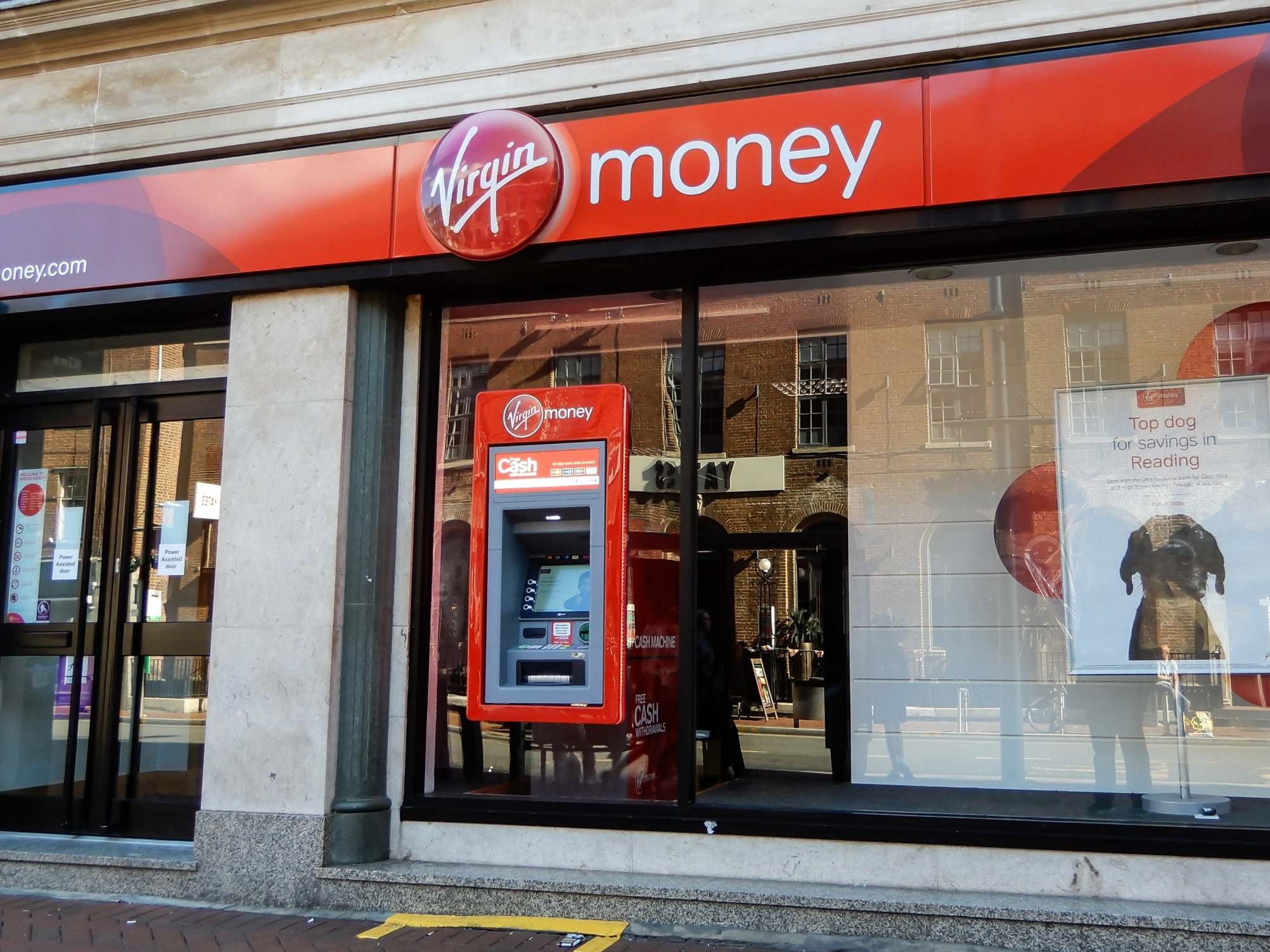Britain’s challenger banks aren’t mounting much of a challenge any more
Inside Business: After the financial crisis it was hoped a fleet of scrappy new banks would shake up the market, but they’ve struggled to deliver

Britain’s so-called challenger banks are looking increasingly challenged.
After the financial crisis, the government talked about encouraging a fleet of scrappy new contenders to take on the big four or five (if you consider Santander, which we probably should).
One of them would be spun out of Lloyds, and one from the Royal Bank of Scotland, as a remedy for the fact that those two received billions of pounds of state aid in violation of EU rules when they were bailed out.
Regulators were also urged to look into ways of making life easier for other new kids on the block.
As the industry’s super powers prepare to report their results – Lloyds on Wednesday, Barclays on Thursday and RBS on Friday with HSBC wrapping the following week – it’s clear that the policy has failed. The challenge has been limp indeed.
There was no government or EU involvement in Metro Bank, which was once the little bank that could, with its free dog biscuits and seven-day town centre branches. It rode a wave of goodwill when it was set up by Vernon Hill and Anthony Thomson. They promised a bank where the customer was king and so it has mostly proved, with the bank regularly topping service surveys.
But confidence in the institution has been dented by a regulatory foul-up and a spate of damaging rumours on social media.
It has lost deposits and last week announced that profits had crashed. A big book of mortgages was sold and the search for a replacement for Hill as chair is under way.
Thomson went on to form Atom, an app-based outfit in the northeast, which recently raised another £50m from investors. The most recent accounts showed that it’s still losing a bunch of money and the prospect of a sale to one of its big backers has been killed off by Brexit. High-profile money manager Neil Woodford was among those who ponied up. His name on the shareholder register used to be viewed as a good sign. In the wake of the suspension of dealings in his flagship fund, however, that’s no longer true.
TSB started off well after being spun out of Lloyds. It enjoyed a successful flotation and was subsequently gobbled up by Spain’s Banco Sabadell. But much of its early good work was trashed after it had its reputation shredded by an IT meltdown last year.
Williams & Glyn, the business-focussed bank that was supposed to emerge from RBS, never got out of the starting blocks. The bank ultimately worked out a deal with the EU to provide funding for existing competitors in the business banking space.
Tesco Bank, meanwhile, recently sold its mortgage book and walked away from what has become a brutally competitive market.
There’s really no common theme running through the difficulties these businesses have encountered. Their stories really just serve to demonstrate how hard it is to get new banking businesses to fly when faced by four or five very big, well-established players.
Far from providing extra competition to them, the challengers are starting to find themselves being outcompeted. The ring-fenced retail banking arms of the leading banks, with their fat capital cushions, have, for example, stormed into the mortgage market brandishing cheap rates that customers have flocked to, HSBC in particular.
It should be said at this point that not all smaller banks are struggling, a point made by Investec’s banking analyst Ian Gordon.
He highlights the success enjoyed by “specialist banks” such as OneSavings, Charter Court, and Paragon, which “are having a fantastic time”. But they are businesses which have become winners by exporting particular niches that the big banks aren’t very good at serving. Full-service challengers they are not.
Which leaves Virgin Money. The bank, as we know it today, was created by bolting together CYBG, the owner of the Yorkshire and Clydesdale banks that weren’t making particularly eye-catching progress before the deal, and the former Virgin, which was built from the good bits of Northern Rock Richard Branson bought from the government for a song. It had at least been growing at a decent clip.
Their merger was a smart and sensible deal and there should be an opportunity for it to grow smartly from here. It just has to prove it can live up to its promise.
It probably won’t worry the big five too much, but these days it’s looking very much like the last genuinely punchy contender capable of mounting any sort of challenge at all.
Join our commenting forum
Join thought-provoking conversations, follow other Independent readers and see their replies
Comments